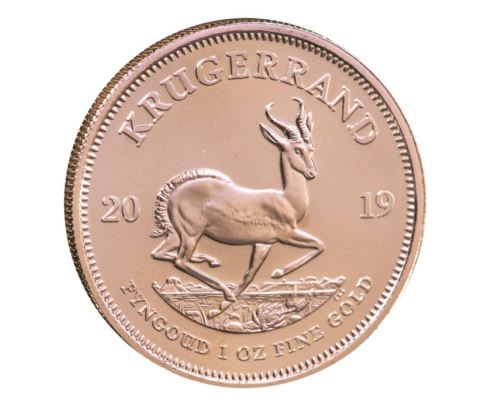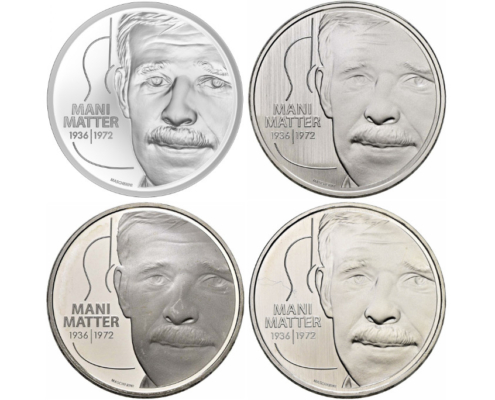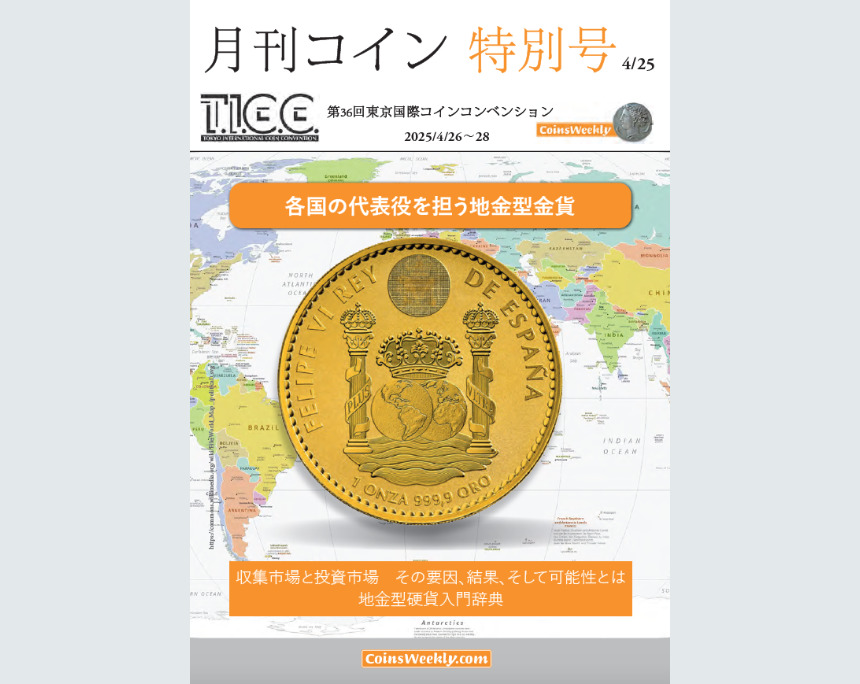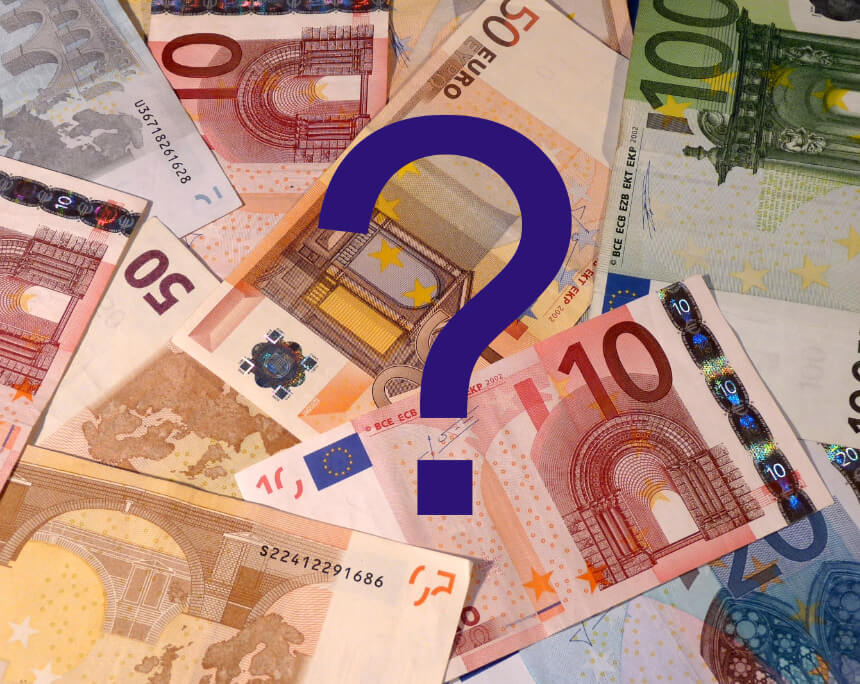Archive: People and Markets
CoinsWeekly Special Issue for the TICC Tokyo 2025
After overwhelming interest in the last years, we have once again published a printed CoinsWeekly Special Issue for TICC 2025, which takes place in Tokyo from April 26 to 28. If you can’t make it to Tokyo, you can download the PDF here.
New Euro Banknotes – It Will Be One of These Two Themes
It is intended that euro banknotes are redesigned every 10 to 15 years. This is a long process that already has been going on for a while. The search is currently on for a theme for the future designs. Two finalists have now been chosen.
Archive: Coins, Medals and more

The Birth of the Krugerrand
The South African Krugerrand is the world’s oldest bullion coin. When it was first minted in 1967, the concept of producing a coin that matched the weight of an investment unit – one ounce – was both new and innovative. Learn more about the economic background and the meaning of its design here.

SINCONA Offers Spectacular Swissmint Patterns
In its Auction 87, SINCONA AG showcases Swissmint patterns. They are truly remarkable as they are true patterns that were not produced for collectors but are natural by-products of the coin creation process.










The Mel Wacks Judaica Art Medal Award 2023
At FIDEM Florence 2023, the winner of the Mel Wacks Judaica Art Medal Award has been announced. The award is given for medals with Judaic, Biblical or Holy Land themes.
Will the International Coin Market Be Affected by the New US Tariff Policy?
America’s tariff regime is dominating the headlines. Yesterday morning (CET), when Ursula Kampmann wrote this article, many countries were under the threat of high punitive tariffs. As of yesterday evening (CET), this is no longer the case. But it is still interesting to consider what would happen in the coin market if punitive tariffs were imposed.